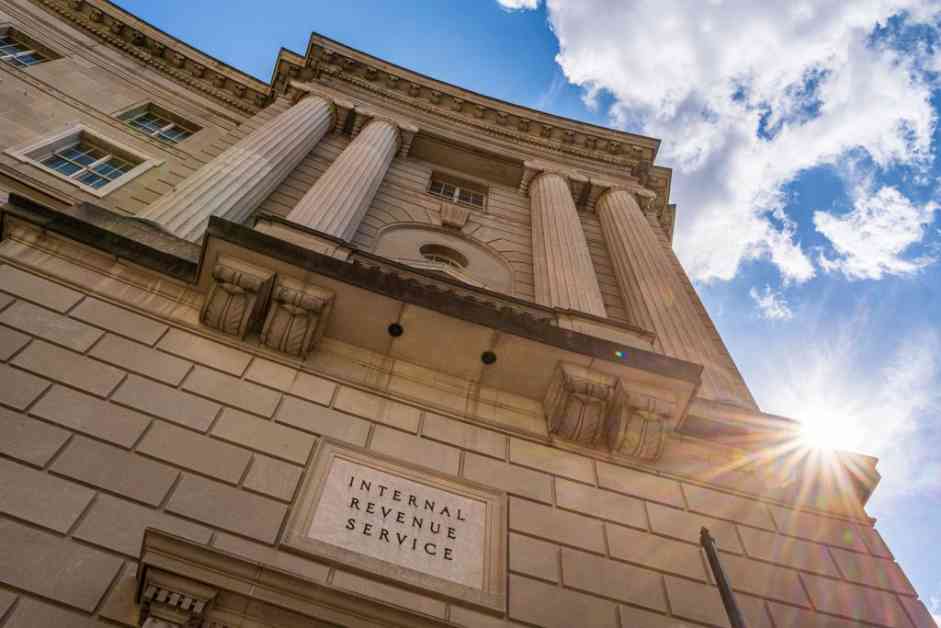Crypto Estate Planning: Safeguarding Your Digital Assets for the Future
In the fast-paced world of cryptocurrency, where digital fortunes can be made or lost in the blink of an eye, one crucial aspect often overlooked is estate planning. As we approach the year 2025, significant changes in U.S. tax laws are on the horizon, making it imperative for digital asset holders to take proactive steps to protect their wealth and prepare for the future.
The Looming Crisis: Estate Planning in a Digital Era
Cryptocurrencies and digital assets present unique challenges when it comes to estate planning. Unlike traditional assets, these digital holdings operate outside established frameworks, with factors such as decentralized nature, reliance on private keys, and pseudonymity adding layers of complexity. Without proper planning, the risk of losing assets, legal disputes, or heavy taxation looms large.
According to Chainalysis, nearly 20% of all bitcoin is either lost or stranded, often due to misplacing private keys or owners passing away without a plan for transferring assets to heirs. With billions of dollars in digital wealth at stake, the importance of adequate planning cannot be overstated.
2025 Tax Law Changes: A Catalyst for Action
The Tax Cuts and Jobs Act of 2017, set to expire in 2025, temporarily doubled federal estate, gift, and generation-skipping transfer tax exemptions. However, without new legislation, these exemptions will revert to lower levels, exposing a larger share of estates to federal taxes. This looming change makes planning for cryptocurrency assets even more urgent.
Additionally, the IRS’s new reporting requirements for digital assets, effective January 1, 2025, will increase scrutiny and reporting obligations. With Congress allocating resources to enhance IRS enforcement of crypto transactions, the landscape for digital asset holders is evolving rapidly.
Legal Strategies for Cryptocurrency Estate Planning
To navigate these challenges and capitalize on opportunities, cryptocurrency holders should consider the following strategies:
1. Draft Digital Asset-Specific Estate Plans: Traditional estate planning tools may not suffice for cryptocurrencies. Creating a detailed succession plan that includes access instructions for private keys, wallets, and recovery phrases is essential.
2. Capitalize on Gift Exclusions: Taking advantage of high exemption levels, transferring digital assets out of taxable estates through gifting or trusts can yield tax benefits before exemptions decrease in 2026.
3. Embrace Multi-Signature Wallets: Enhance security and estate planning by using multi-signature wallets that require authorization from multiple parties for transactions.
4. Establish Asset Protection Trusts: Shield digital assets from creditors by placing them in LLCs or trusts, bypassing probate courts and safeguarding wealth.
A Call to Action: Securing Your Digital Fortune
As we approach 2025, the crypto community must prioritize estate planning to safeguard digital wealth and ensure a smooth transfer to future generations. By taking proactive steps now, investors can protect their assets and leave a lasting legacy for their heirs.
Remember, failing to plan is planning to fail. Don’t wait until it’s too late. Consult with qualified professionals to create a comprehensive estate plan tailored to your digital assets. The time to act is now to protect your digital fortune for the future.


















